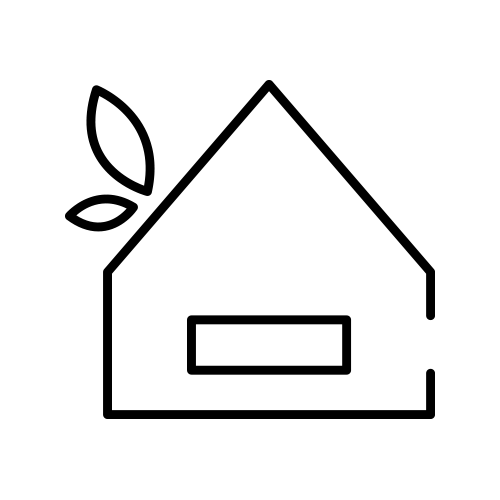Nursery (3-4 yrs)
Please note that the boundaries of the British Early Years Foundational Stage curriculum cannot be clearly marked by age group. The following expectations across the British Curriculum's developmental areas are guidelines only.
We challenge children who make advances in certain areas just as we support those children slower to achieve developmental targets.
Personal Social Emotional Development:
Children in Nursery will be much more used to the routines and break times and are now able to independently go to the toilet, feed themselves and begin to dress themselves, with adult supervision and less support. They will be making independent decisions not only what they play but also how they play; independently vs collaboratively.
Play
Collaborative play begins to have more meaning during this year group and particularly during project work, the children will make groups based on interests such as construction, music, small world, dance.
Language will also have a much more important role during play as the children are now able to give instructions, start to explain rules and ideas for games. It is the teachers role here to bolster this new use of language and to support the development of topic-related vocabulary by playing alongside the children being cautious not to interrupt play or creative flow.
P.S.E.D.
Friendship groups become much more solidified during this year. Managing emotions will be a focus for many children as they learn to understand and accept the choices and decisions of others who are close to them. Class discussions during circle times are the typical place to address such issues whereby all class members have the opportunity to listen and speak.
Communication:
Communication begins to take on a new purpose during the year. The children are able to discuss, offer ideas and suggestions, even opinions. The children will be encouraged to choose and vote on project explorations and their daily developments. They will learnt to ask for any resources that they need to complete their desired 'work'.
Phonics is practiced everyday through teacher-led activities and games and the children become confident in the recognition of sounds as well as in their correct pronunciation. Towards the end of the first Reception year some children will be writing letters and even simple words independently, others with more support. All children will be able to 'blend' sounds to read whilst others more complex words.
Physical Development:
Children will continue to develop fine and gross motor muscles though moving in different ways; running, jumping, balancing. As well as interacting with loose part materials; dragging, lifting, stacking, pulling, pushing. More confidence holding and using tools and equipment is evident during this year. Items such as scissors, pencils and chalk as well as simple tools continue to be used to fix, stir, cut and write letters, numbers and shapes.
The children are much more used to using and manipulating tools and equipment during this year and as such are able to start to experiment a little more with confidence.
Literacy:
In addition to the sharing of stories, children in Nursery will be actively choosing to look and at read books independently. Over the course of the year, daily phonics activities will give the children new skills to decode words by themselves. Teachers and support staff are on hand to support and record developmental needs.
Non-fiction books are used more by the children for inspiration for project exploration. Children will start to ask questions about what they see and read, and start the initial stages of self-learning through written media.
Mark-making takes on more meaning during this year. Children will want to practice letter shapes seen and practiced during Phonics and some will begin to understand that writing is a form of communication.
Mathematics
In Nursery numbers, shapes and measures continue to be explored through play both inside and outside the classroom.
Teachers and support staff observe, record and plan provocations and learning opportunities accordingly, to allow individuals to make progress at their level and speed.
Knowledge of the World
Knowledge of the world through play and exploration continues to be a big part of life. Project work opens up the possibilities for more scientific and sensory activities to be explored.
Expressive Arts & Design
With more developed fine motor skills, the children are able to confidently express themselves in more ways using a variety of different media. They have preferences for certain types of expression and are able to make good progress exploring and developing new techniques.
School Fees Inquiry
Find tuition fee details here.
Let us know your child's information for a personalised response.
